Today’s readings
Today I want to reflect on what I consider to be one of the most important principles of the spiritual life. That principle is completely summed up in one short sentence: “It’s not about me.”
Over the last couple of weeks, we have been able to take a look at the various people who have been called to ministry throughout history. Last week, Ezekiel was told that whatever he did, his ministry would be mostly unsuccessful. Paul, the great teacher of our faith, was afflicted with a “thorn in the flesh” – whatever that was – and no amount of prayer could make it go away. In today’s first reading, Amos, who is told that he is not welcome to prophesy in Israel, confesses that he is nothing but a simple shepherd and dresser of sycamores – completely ill-qualified for the role of a prophet, but nonetheless called to be one. In today’s Gospel, the Twelve are sent out on mission to do the works that Christ himself did, and they were only to take with them the knowledge of Jesus’ teachings and their memory of what he had done among them. They were simple men, called from their simple lives, not one of them qualified for the role they were to play, with the possible exception of Judas, and we know how that worked out, don’t we?
The point is, when we are called by our God, – and we are all called by God – it’s not about who we are or who we know or how slick our presentation is. It’s not about what we have in our bag of tricks, or how much stuff we have. It’s not about how developed we may think our faith life is, or how much we’ve studied theology. Because it’s not about us at all.
I know many people, who when asked if they would become involved in some ministry or another, would say, “Oh, no, I could never do that. I’m not qualified to do it.” There are people who always feel that others could do the job better than they can, and so others should do it and they should stay out of it. But if we are to learn anything from the Scriptures today, we must hear that that kind of thinking is nothing but false humility. And false humility is absolutely not virtuous! I’m not saying we have to say “yes” to everything we’re asked to do, but I am saying that we must always prayerfully consider every opportunity, and then do what the Lord wants us to do.
So in what ways have you been called? In today’s Gospel, Jesus sends his chosen Twelve out on mission. They were chosen not for their spectacular abilities or any particular quality, really. But they were chosen, called and gifted to do the work of God in the world. So are we all. Just as the Twelve were sent out to preach repentance, dispel demons, and cure the sick, we too are called to do those very same things. I know you’re thinking, “really, preach, dispel demons, cure the sick – me?” Bear with me.
You may not think of yourself as a preacher. But you are prophetic and a preacher of repentance when you forgive a hurt or wrong, when you confess your sins and make necessary changes in your life, when you become a member of a 12-step group to deal with an addiction, or when you leave a lucrative job with a company whose business practices make you feel uncomfortable. You are a preacher of repentance when you correct poor behavior in your children rather than place the blame on the teacher or the school. You are a preacher of repentance when you accept constructive criticism in a spirit of humility and pray for the grace to change your life. Preaching repentance very often does not involve words so much as actions, and we can all do that, even though it very often hurts a little.
Who are you to drive out demons? How is that even possible? But I am here to tell you that volunteering as a catechist or a mentor in a school or a homework helper is a way to drive out the demons of ignorance. Going to a Protecting God’s Children workshop so that children in our schools and religious educations programs will be safe is a way to drive out the demons of abuse. When you speak out to protect the environment, you help to drive out the demons of neglect and waste. Volunteering to be part of a pro-life group helps to drive out the demons of death and promote a culture of life, protecting the unborn and the aged and the infirm. Working at a soup kitchen or a food pantry drives out the demons of hunger and poverty. Helping at shelters for battered families drives out the demons of violence and isolation. The demons at work in our world are legion, and every one of us is called to drive them out, not like “The Exorcist,” but more by our simple time and talent according to our gifts.
So how is it possible for you to cure the sick? Every act of care for the sick is part of the Church’s ministry of healing. You heal the sick every time you remember them in prayer, or visit them in the hospital or at home. You heal the sick when you volunteer as a minister of care. You heal the sick when you bring a casserole to provide dinner for a family who are so busy with sick relatives that they have little time to prepare a meal. You heal the sick when you drive an elderly friend or neighbor to a doctor’s appointment or to do the grocery shopping, or pick them up on the way to Mass. Healing involves so much more than just making a disease or injury go away, and all of us can be a part of healing in so many everyday ways.
We absolutely must get from today’s Scriptures that God calls everyday people to minister to others in everyday ways. If people are to know about God’s Kingdom, we have to be the ones to proclaim it. If people are to reform their lives, we have to be the ones to model repentance. If people are to be released from their demons, we have to be the ones to drive them out. And if people are to be healed from their infirmities, it is all of us who have to reach out to them with the healing power of Christ. We who are called to live as disciples do not have the luxury of indulging ourselves in misplaced false humility. If we and our families and our communities are to grow in faith, hope and love, we have to be the ones to show the way and encourage as many people as possible to walk in that way.
Saint Paul makes our vocation very clear in today’s second reading:
In him we were also chosen,
destined in accord with the purpose of the One
who accomplishes all things according to the intention of his will,
so that we might exist for the praise of his glory,
we who first hoped in Christ.
It’s not about us. We who first hoped in Christ exist for the praise of his glory. Let it be then that we in the everyday-ness of our lives would have the courage to preach repentance, drive out demons and heal the sick.
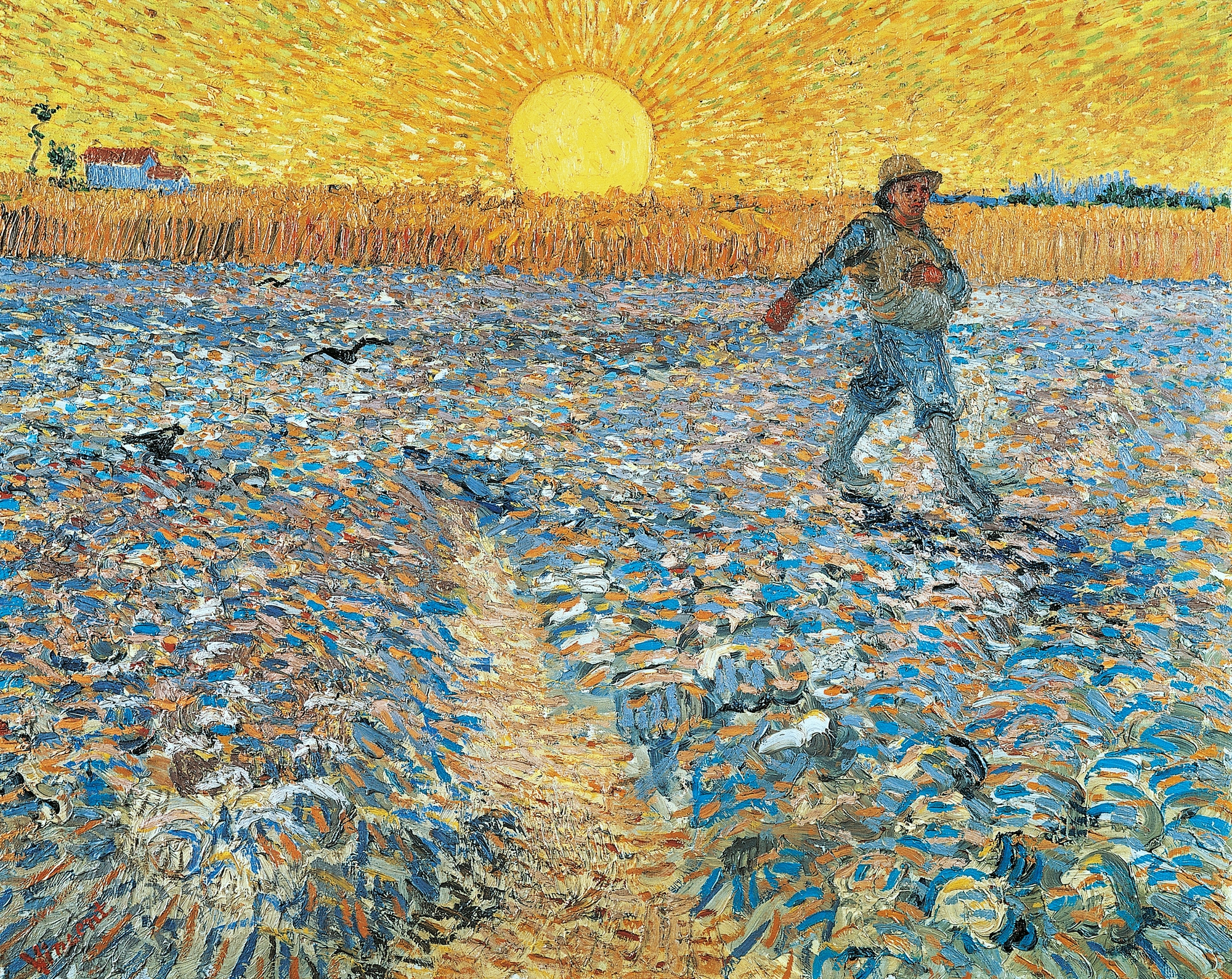
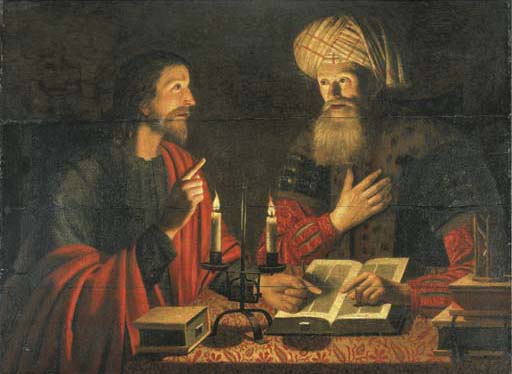
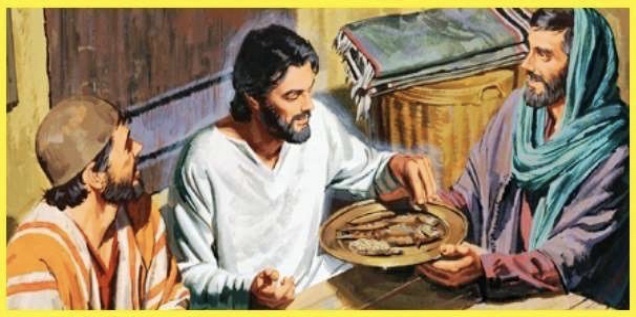
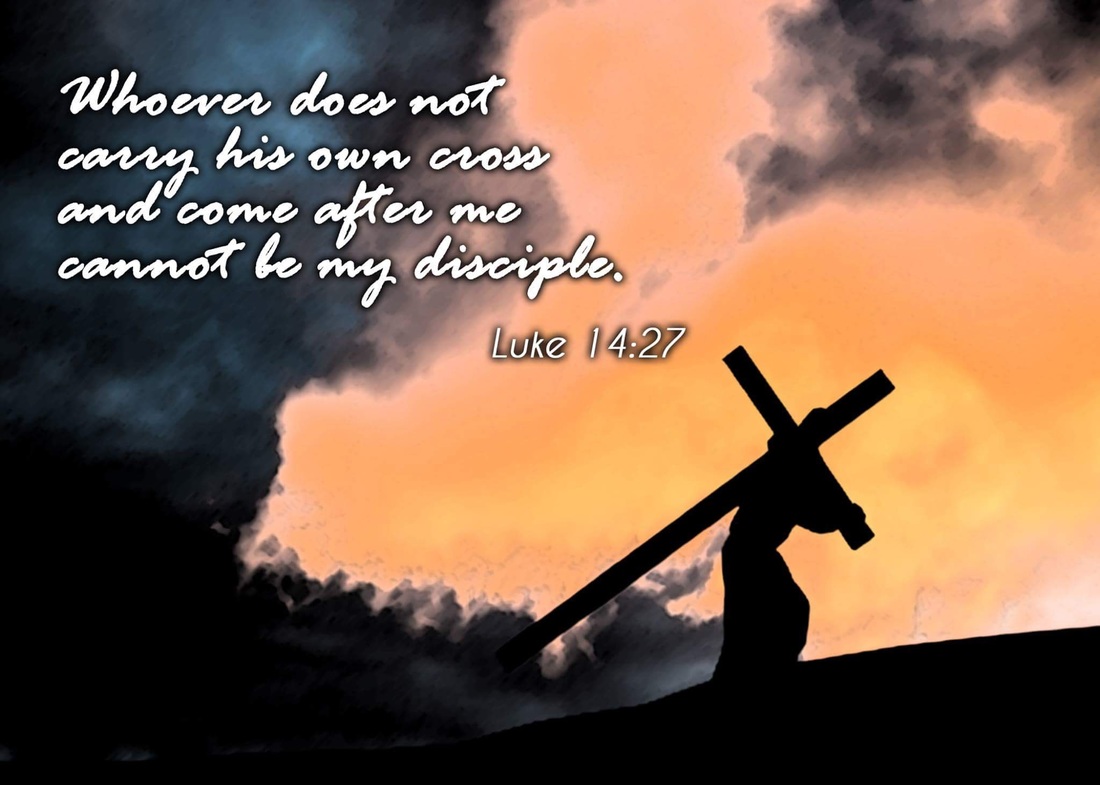
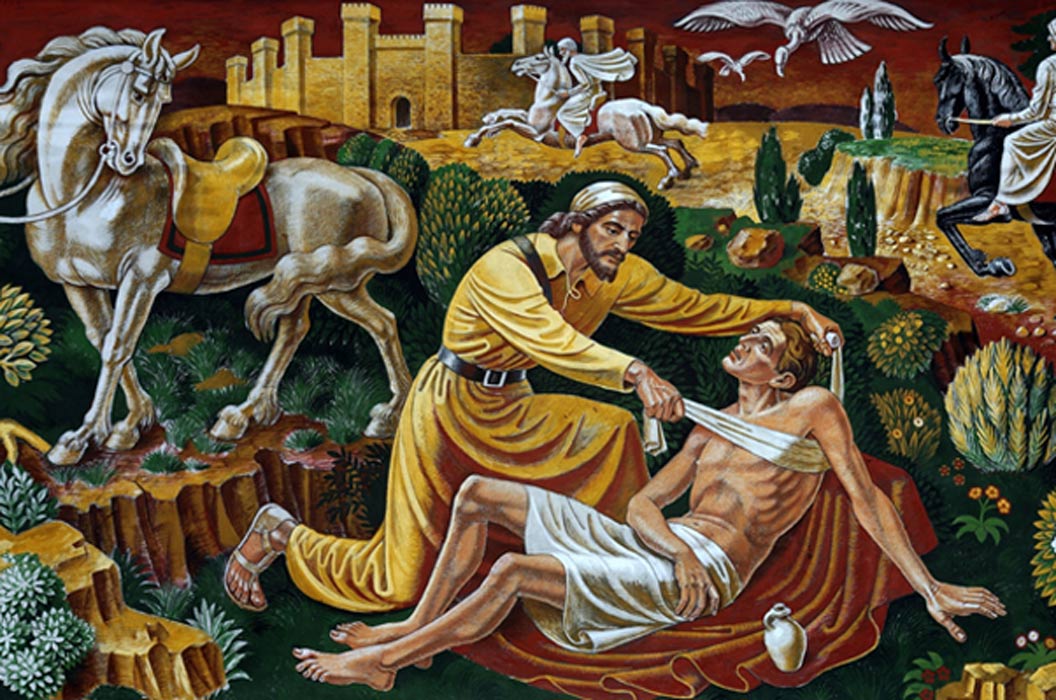


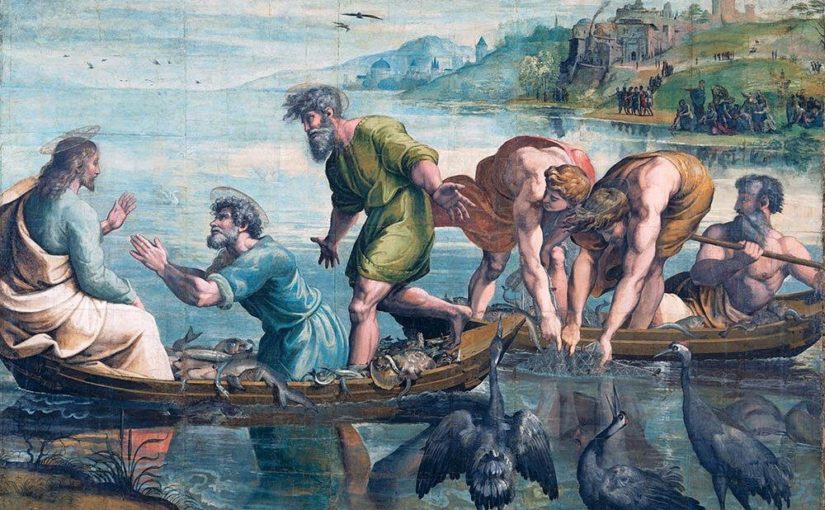
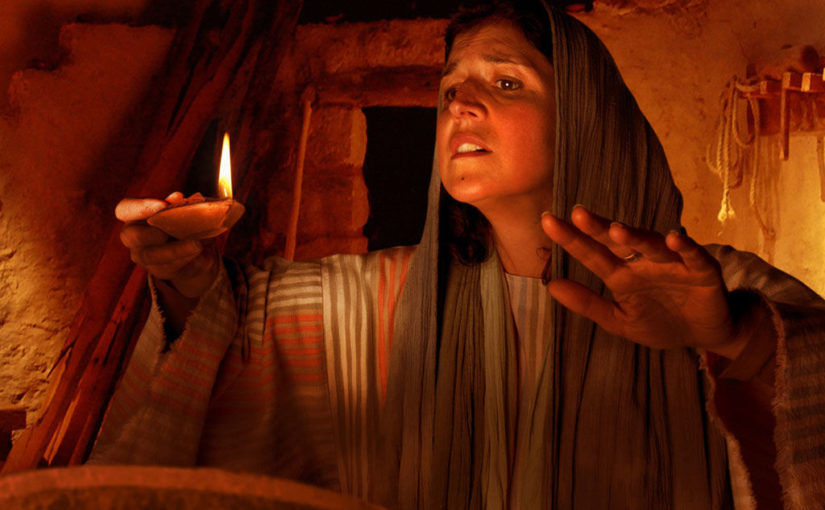

You must be logged in to post a comment.